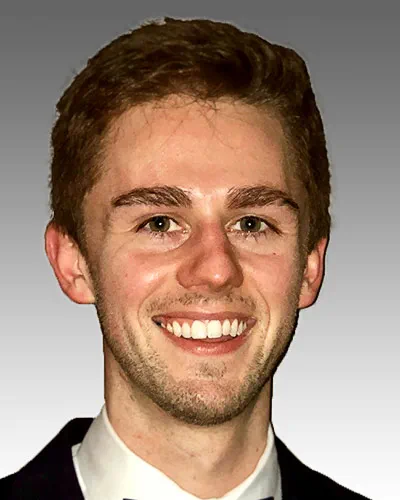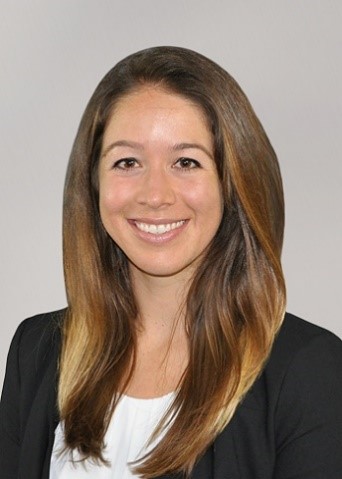
"The opportunity to optimize outcomes for orthopaedic trauma patients does not end after the final dressing is applied in the operating room. Our research group developed a standardized postoperative “teach-back” protocol that improves patient recall and adherence to their postoperative weightbearing restrictions and DVT prophylaxis regimen after operatively treated lower extremity orthopaedic trauma. Ultimately, we hope that this study will lead to improved patient satisfaction and postoperative outcomes in a budget-neutral manner. Importantly, our protocol is designed for delivery by non-physician members of the care team, so that any potential benefits can be achieved without requiring additional time or effort by the treating surgeon.
The Orthopaedic Trauma Association’s commitment to resident education made this study possible. OTA’s support has allowed me to gain valuable experience in leading prospective research. I plan to carry the skills I’ve developed into the remainder of my residency, fellowship, and eventual career in academic orthopaedics." - Ryan J Furdock, MD

"We are humbled and immensely grateful to the OTA and Zimmer-Biomet for investing in our hypothesis, without whom this project would not be possible.
Trauma-related mortality is responsible for 5 million deaths per year worldwide and occurs in a trimodal distribution. Immediate (minutes) and early convalescent (hours) mortalities occur mainly due to overwhelming critical injuries to vital organs and massive bleeding, respectively. Patients who survive the first two waves of death are susceptible to developing multiorgan dysfunction syndrome (MODS) days to weeks after the injury, accounting for up to 20% of all trauma-related deaths. Our study seeks to determine if ‘immunocoagulopathy’ is the molecular cause of MODS in polytrauma patients. If found true, this would impact trauma patients by providing novel prognostic and therapeutic options to prevent MODS and the third wave of death. Specifically, measures of immunocoagulopathy could dynamically identify which patients are at risk for MODS which would guide intervention of therapies and inform appropriate time for surgical intervention without ‘fueling the fire’ of unwanted adverse outcomes. Additionally, there are many pharmacologics in development designed to treat immunocoagulopathy that have the benefit of being anti-thrombotic, but not anti-coagulant. Therefore, this work has the potential to provide the foundation for further prospective observational studies, studies in pre-clinical models and ultimately clinical trials assessing the application of novel these pharmacologics.
With guidance from my mentors Drs. Obremskey, Schoenecker, and Moore-Lotridge and the financial support from OTA and Zimmer Biomet, I have the unique opportunity to conduct these high-impact studies while in residency. Leading a large, multidisciplinary team of students and orthopedic and general surgery physicians, I am encouraged that my research has the potential to drive improvements in patients’ lives, reaffirming my desire to contribute to this evolving field as an academic orthopedic traumatologist with related research." - Mariel Rickert, MD
